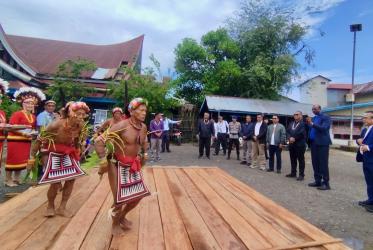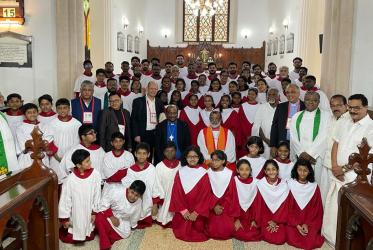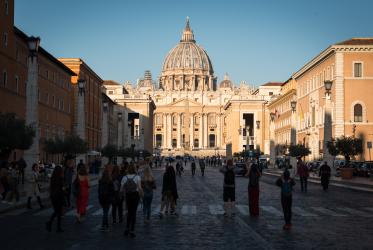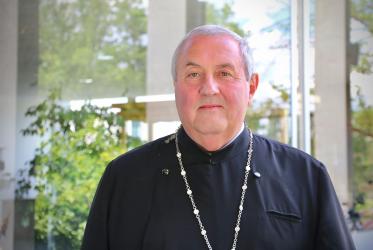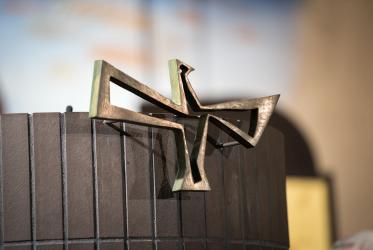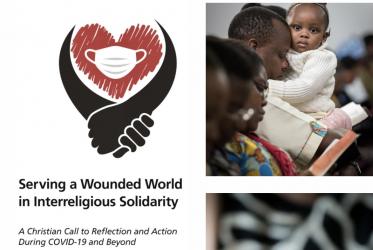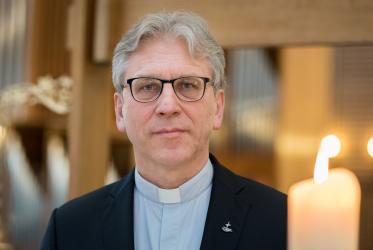Displaying 1 - 20 of 77
WCC in Indonesia: Commitment, colours, and collaboration
05 February 2024
Survey opens for WCC member churches on interreligious relations
30 October 2020
WCC condemns attack at Hanukkah celebration in New York City
29 December 2019
WCC mourns passing of Prof. Vuyani Vellem
09 December 2019

